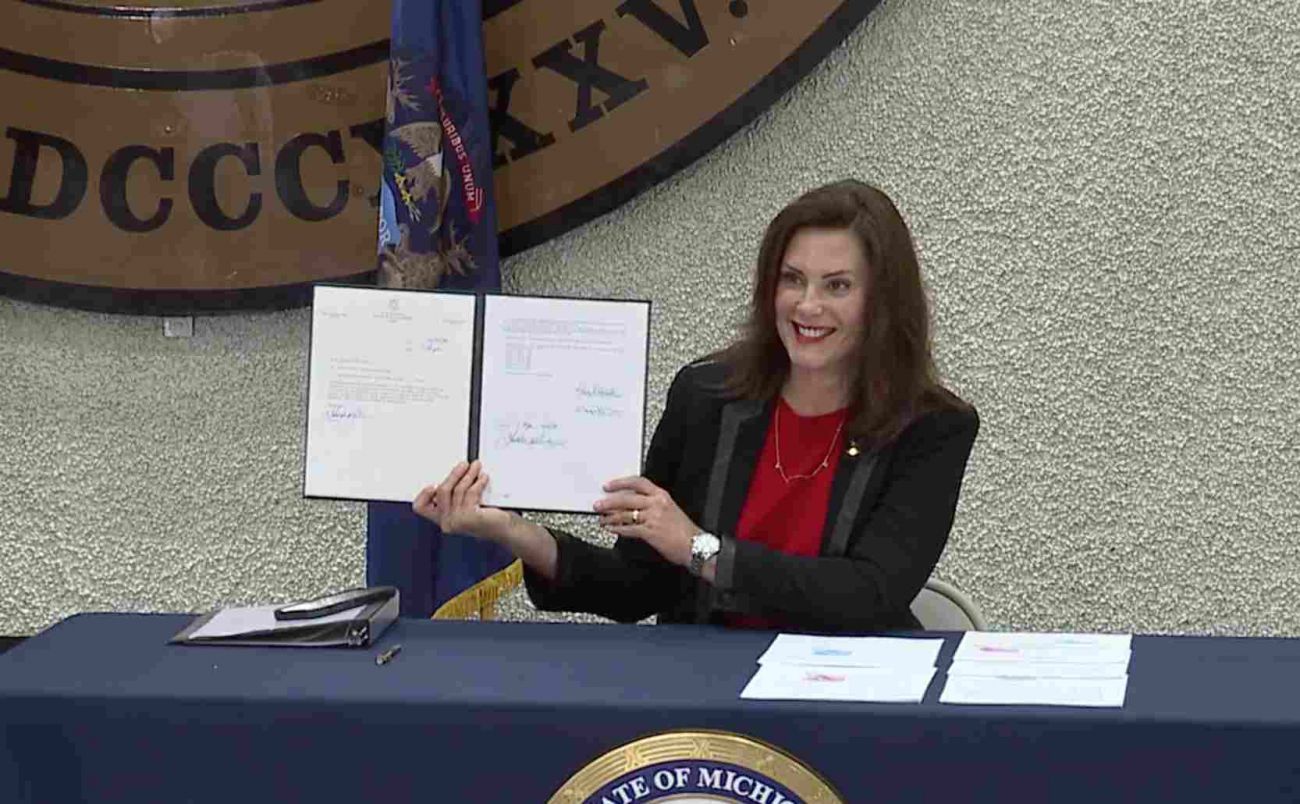Michigan Begins Rolling Out Automatic Expungement Process
Expungment of some offenses stems from 2020 law signed by Gov. Whitmer

In October 2020, Michigan Governor Gretchen Whitmer signed legislation called the Clean Slate Act that would automatically clear certain criminal convictions from public view in Michigan while also making more people eligible for expungement through the application process. The changes were expected to help hundreds of thousands of Michiganders by removing a barrier to employment, housing and other opportunities after people have rehabilitated themselves. The law also gave the state a few years to develop software and coordinate plans to automatically expunge certain offenses from criminal records
“These bipartisan bills are going to be a game changer,” she said. “They will ensure a clean slate for hundreds of thousands of people. And they will help us grow our workforce and expand access to education and skills training."
This week, the Michigan State Police finally started the expungement process detailed in that legislation. “We anticipate over one million residents will have convictions automatically expunged on April 11, 400,000 of whom will end the day completely conviction free," Michigan Attorney General Dana Nessel said. "Those will just continue to go up as the program continues to run.”
Criminal cases due for automatic expungement include:
- An unlimited number of misdemeanors punishable by less than 92 days imprisonment can be expunged after seven years
- Up to four misdemeanors punishable by more than 93 days imprisonment can be expunged after seven years
- Up to two eligible felonies can be expunged after 10 years
For the latter two categories, an individual must not have any pending charges in the state criminal database or been convicted of any additional charges during the waiting period. There are a number of crimes that are excluded from automatic expungement including those involving assault, human trafficking, driving while intoxicated, crimes of dishonesty, those punishable by more than 10 years and that result in serious injury or death.
The Clean Slate law makes Michigan a nationwide leader in expungement reform. Only Utah, California, Pennsylvania and New Jersey allow low-level offenses to be automatically cleared from records, and Michigan will now be the first to include low-level felonies in the automatic process.










